-
- PCB TYPE
- PRINTED CIRCUIT BOARD PROTOTYPE ALUMINUM PRINTED CIRCUIT BOARD R&F PCB FPC HIGH FREQUENCY PCB HIGH-TG PCB HEAVY COPPER PCB HDI PCB PCB FOR LIGHTING METAL CORE PCB
time:Oct 21. 2025, 09:55:46
In the world of electronics manufacturing, PCBA (Printed Circuit Board Assembly) solutions play a crucial role. They are the backbone that supports and connects electronic components, allowing them to function as intended. This article will break down what PCBA solutions are, why they matter, and how they can benefit electronics manufacturers.
A Printed Circuit Board Assembly (PCBA) is the process of soldering or assembling electronic components onto a printed circuit board (PCB). The PCB itself is a flat board made of a non-conductive material, onto which conductive pathways are etched. These pathways allow electricity to flow between the components.
PCB design is a critical step in the manufacturing process. It involves creating a layout for the electrical pathways and placing the components on the board. Good design ensures that the board will function correctly and efficiently. Poor design can lead to electrical failures and increased costs.
Schematic Design: This is a blueprint of the circuit. It shows how each component is connected.
Component Placement: Proper placement affects the performance and reliability of the board.
Routing: This involves creating the pathways that connect the components.
Design Rule Check (DRC): This is a validation step to ensure the design meets all specifications.
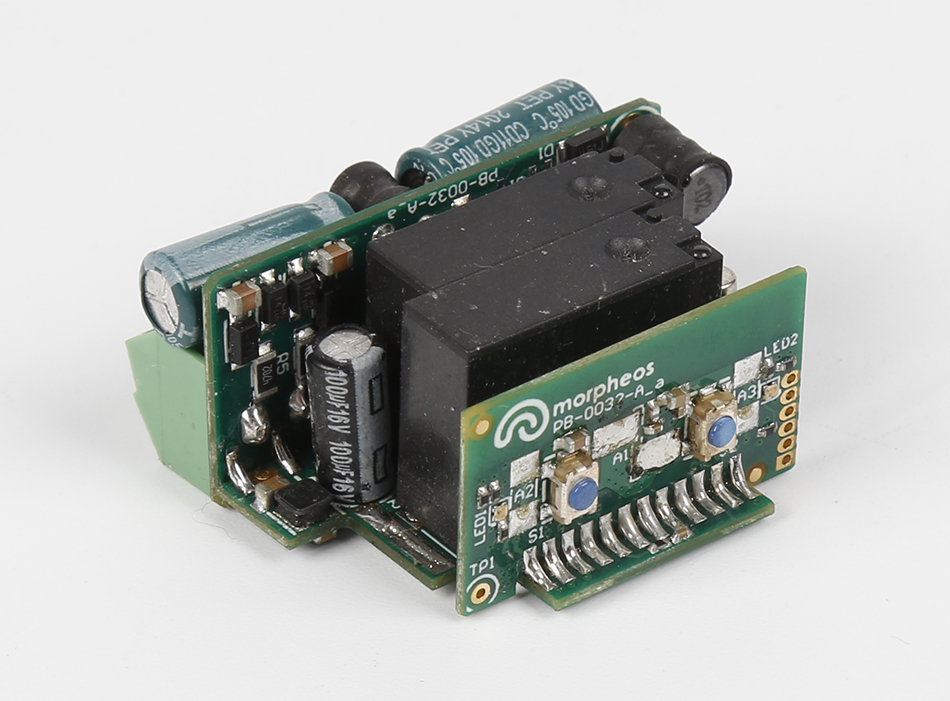
PCBA solutions are vital for several reasons:
PCBA solutions streamline the assembly process. Automated assembly lines can place and solder components much faster than manual methods, reducing labor costs and production time. This efficiency translates into cost savings for manufacturers.
Automated PCBA processes ensure consistent quality. Machines can place components with high precision, reducing the likelihood of errors. This consistency enhances the reliability of the finished products.
PCBA solutions allow manufacturers to scale production easily. Whether you need a few hundred units or several thousand, automated lines can adjust to meet demand without sacrificing quality.
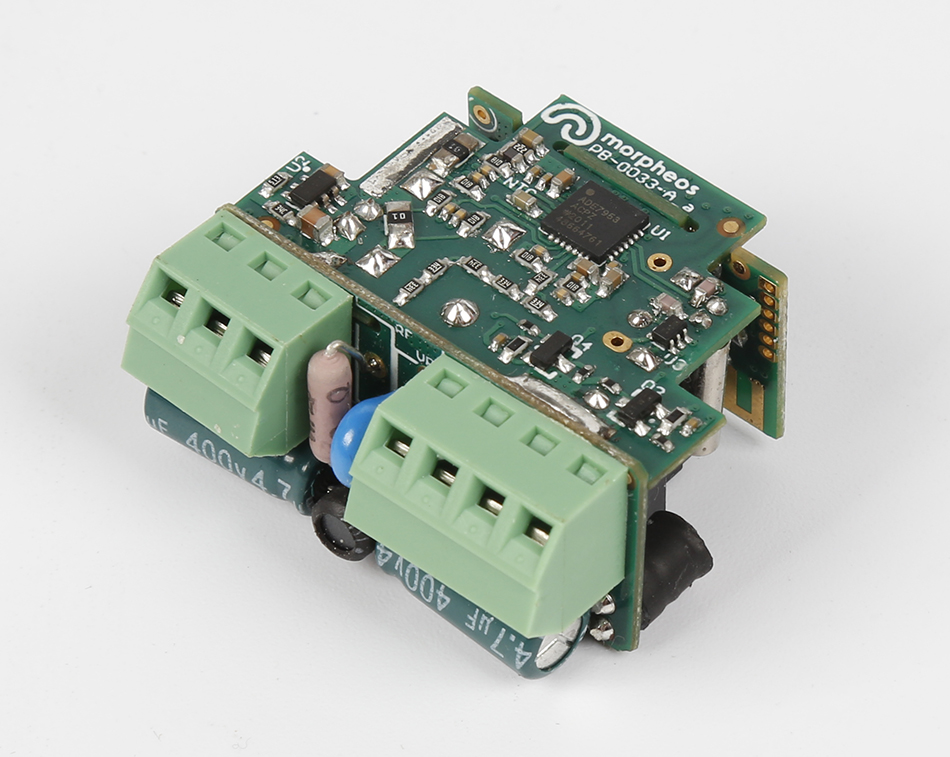
There are several types of PCBA solutions, each with its own advantages.
SMT is the most common PCBA solution. It involves placing components directly onto the surface of the PCB. This method is preferred for its efficiency and ability to handle small, intricate designs.
In THT, components are placed into holes drilled in the PCB and soldered from the opposite side. This method provides a stronger mechanical bond, making it ideal for components that will experience physical stress.
Mixed technology combines SMT and THT. It's used when a board requires the strengths of both methods. For example, SMT might be used for small, densely packed components, while THT is used for larger, more robust parts.
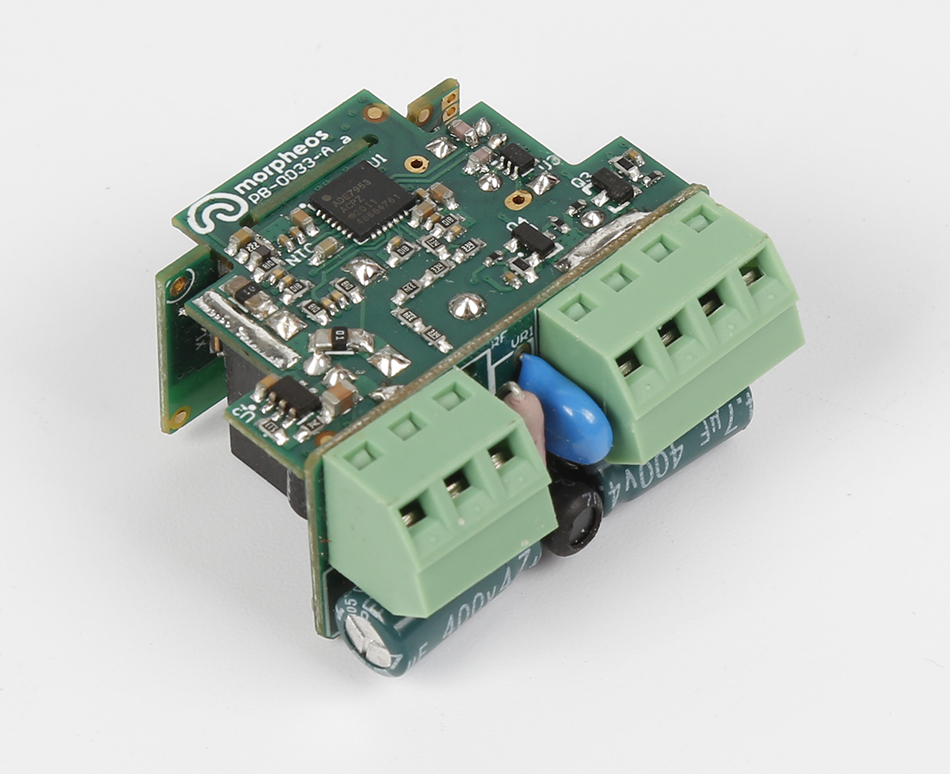
Selecting the right PCBA solution depends on several factors:
If your design includes very small components, SMT is likely the best choice. For larger components that need a strong physical connection, THT may be more appropriate.
For high-volume production, SMT is generally more cost-effective due to its speed and efficiency. For smaller runs, THT might be sufficient.
Consider the conditions in which the final product will operate. If the board will be exposed to vibration or physical stress, THT might offer the durability needed.
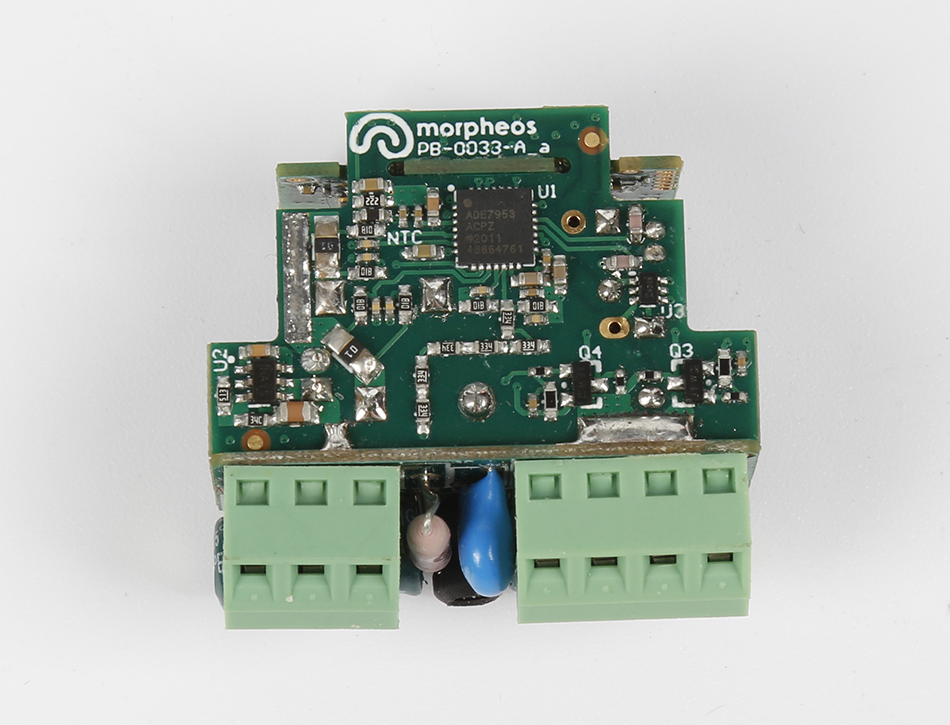
While PCBA solutions offer many benefits, they also come with challenges:
As electronics become smaller, the components on PCBs must also shrink. This miniaturization can make the assembly process more complex and require highly specialized equipment.
Finding reliable sources for components can be difficult, especially for rare or obsolete parts. This can delay production and increase costs.
Maintaining high quality across all units is crucial. Even small defects can lead to significant failures in the field.
The field of PCBA is constantly evolving. Recent innovations include:
New materials are being developed to improve the thermal and electrical properties of PCBs. These materials can help increase the lifespan and performance of electronic devices.
Automation is becoming more prevalent in PCBA. AI is being used to optimize the assembly process, predict failures, and improve quality control.
PCBA solutions are indispensable in the electronics manufacturing industry. They offer efficiency, quality, and scalability, making them ideal for producing a wide range of electronic devices. By understanding the different types of PCBA solutions and their applications, manufacturers can make informed decisions that enhance their production capabilities and product quality.
Whether you're a seasoned manufacturer or new to the industry, staying informed about PCBA technologies and trends is key to maintaining a competitive edge.
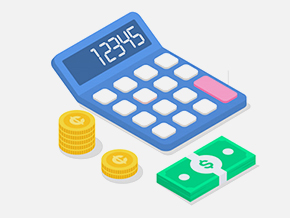
Got project ready to assembly? Contact us: info@apollopcb.com



We're not around but we still want to hear from you! Leave us a note:

Leave Message to APOLLOPCB
